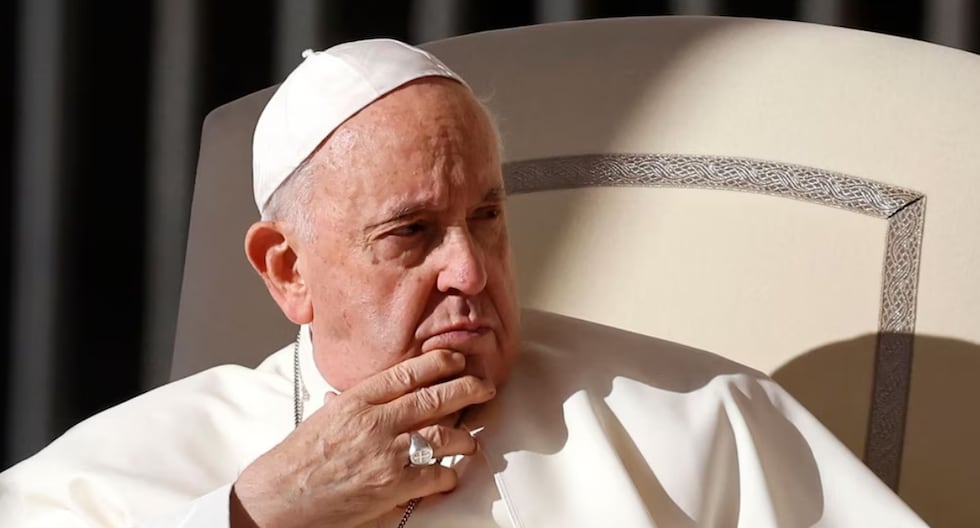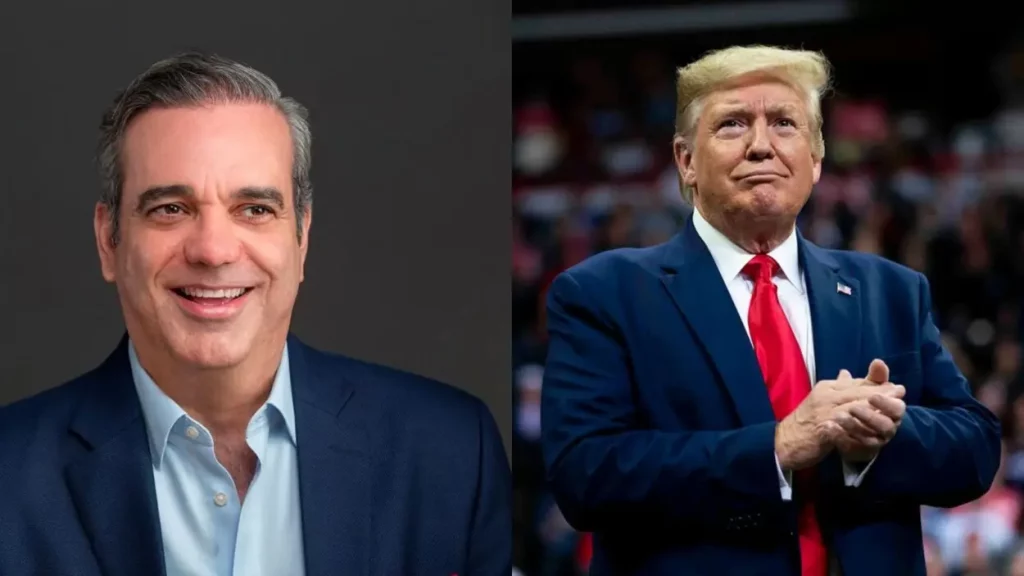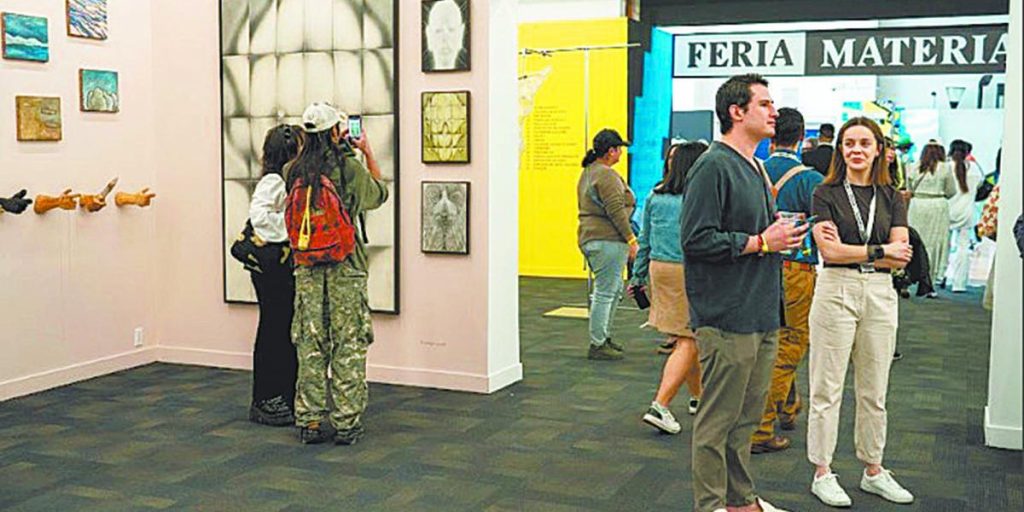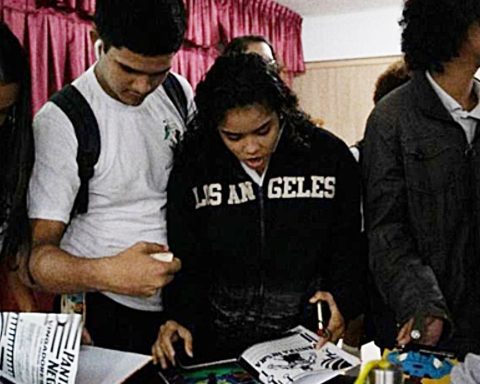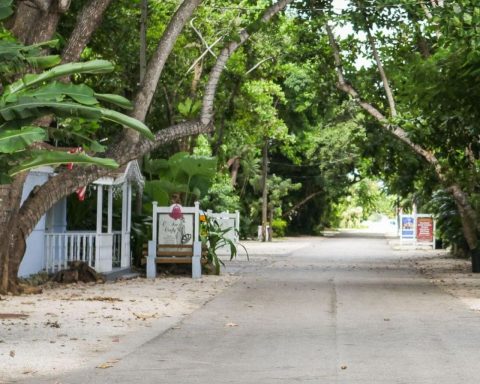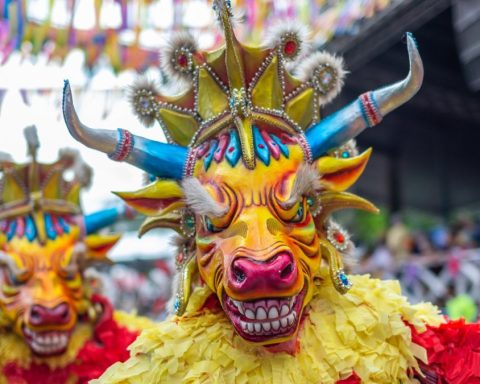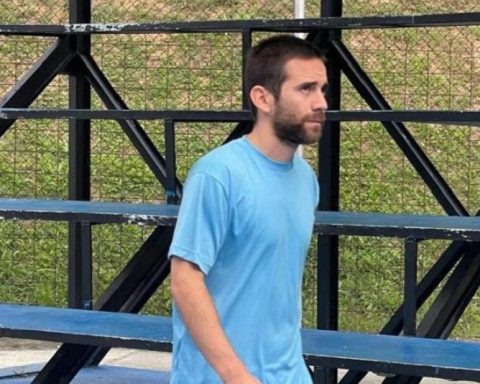The apostolic group of Peruvian origin Sodalicio de Vida Cristiana (SVC), involved in recent years in a series of complaints and investigations into abuses in Peru, confirmed this Monday its dissolution by order of Pope Francis, although it noted that this information still has “ absolutely reserved character.”
After the news was reported last weekend by a website that publishes information linked to the Vatican, the SVC issued a statement, signed in the Brazilian city of Aparecida, in which it noted that “the central information about the fact was true, but contained several inaccuracies.”
“Since the Assembly was aware of this journalistic news, and given the seriousness of the events, the first act of the day was to urge those responsible to assume the absurdity of having leaked information that was absolutely confidential.“, held.
He added that two of its members, known as ‘sodalites’, acknowledged “having violated the reservations of the case and, after asking for forgiveness from those present, they were definitively expelled from the assembly.”
Position of the religious organization
In this sense, the SVC regretted that “the misconduct of these two members could have been taken advantage of by the press to generate doubts that it was” Cardinal Gianfranco Ghirlanda, pontifical delegate of the Dicastery for Institutes of Consecrated Life and Societies of Apostolic Life (Divcsa ), who leaked the news.
The Sodalicio, whose members are meeting in Aparecida, added that it “recognizes as its own only the news from its official communications” and ratified its respect for the decisions of Pope Francis, “in whom we trust and whom we obey,” as it stated.
On December 9, the Pope received the Peruvian journalists Pedro Salinas and Paola Ugaz, and the American Elise Ann Allen, to whom the Pontiff conveyed his support after the professionals reported being victims of judicial and personal harassment for their investigation into the SVC.
Salinas and Ugaz published the book ‘Half monks, half soldiers’ in 2015, in which they revealed the testimonies of victims of physical, psychological and sexual abuse allegedly committed within Sodalicio, a Catholic organization founded in Peru in 1971.
The case of the Sodalicio group in Peru
The case of the Sodalicio group has been investigated by the Vatican and, in July 2023, the pope sent to Peru, as special investigators, the archbishop of Malta, Charles Scicluna, and the Spanish priest Jordi Bertomeu, both experts in abuse crimes.
Last August, the Holy See expelled the founder of the SVC, Luis Fernando Figari, due to investigations that indicated he was guilty of abuse, and since then up to 15 members of the organization have also been expelled for sexual abuse, some against minors.
Figari, born in Lima in 1947, has several accusations against him by members who belonged to the same organization and fiscal and journalistic investigations for physical, psychological and sexual abuse.
On April 2 of last year, the pope accepted the resignation of the archbishop of Piura, in northern Peru, José Antonio Eguren, who had been at the center of a journalistic investigation in which he was accused of covering up Figari’s abuses. .
In January 2018, the Vatican announced the intervention of the Sodalicio, a month after the Peruvian Prosecutor’s Office requested preventive detention for several members and former members of the organization, including its founder, Figari.
Given the complaints, Sodalicio assured that an internal investigation group determined that the identified aggressors are Figari, the now deceased Germán Doig, as well as Virgilio Levaggi and Jeffrey Daniels, retired from the organization.
That report concluded that at least 36 people, 19 of them minors, were allegedly victims of sexual abuse between 1975 and 2002 by leaders of the organization, although the Prosecutor’s Office filed the complaints of sexual abuse because the statute of limitations had expired.
